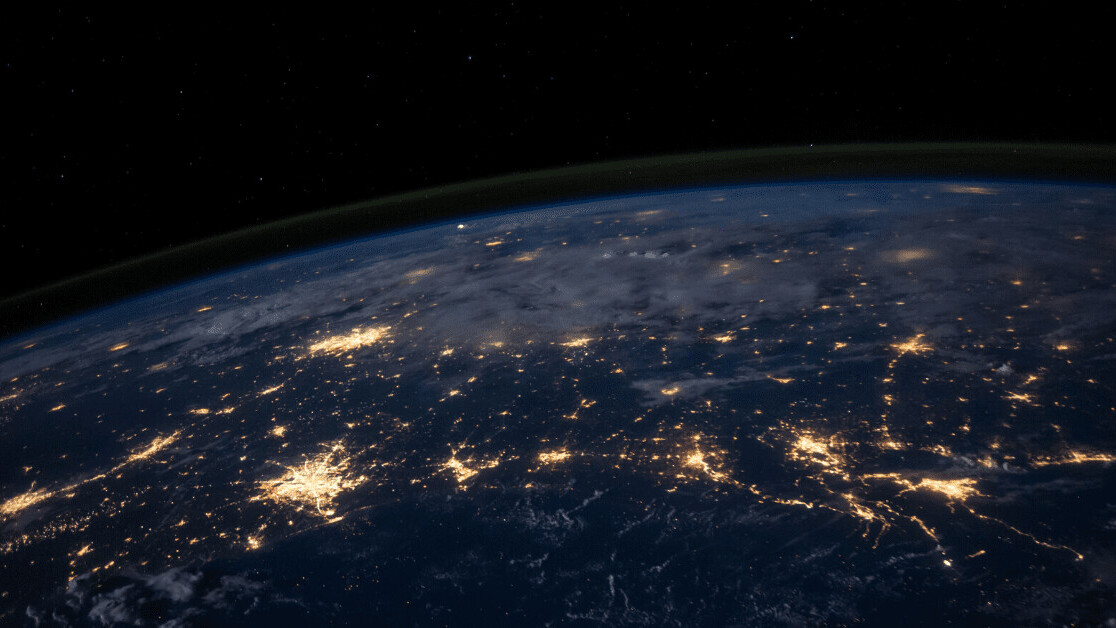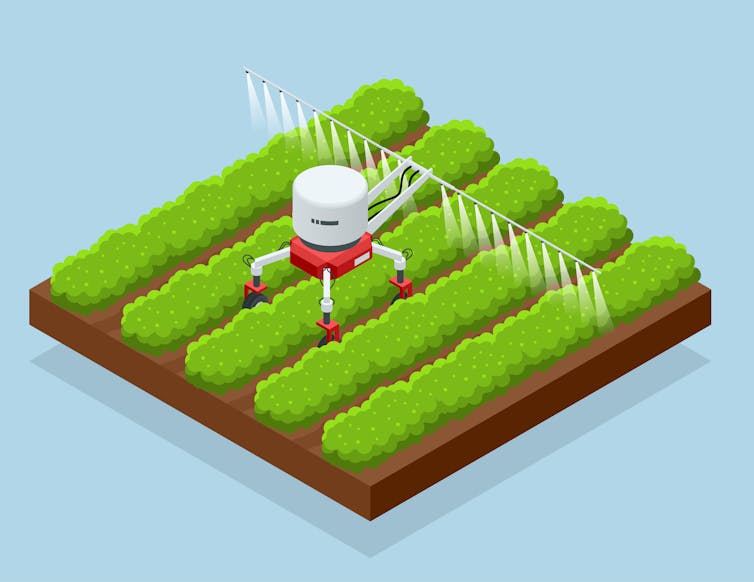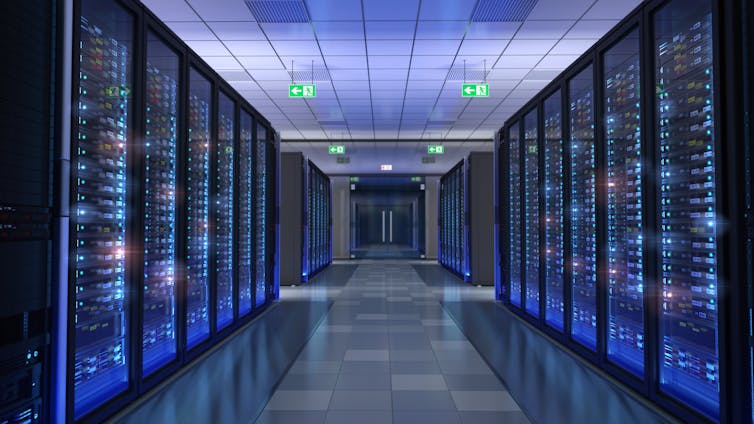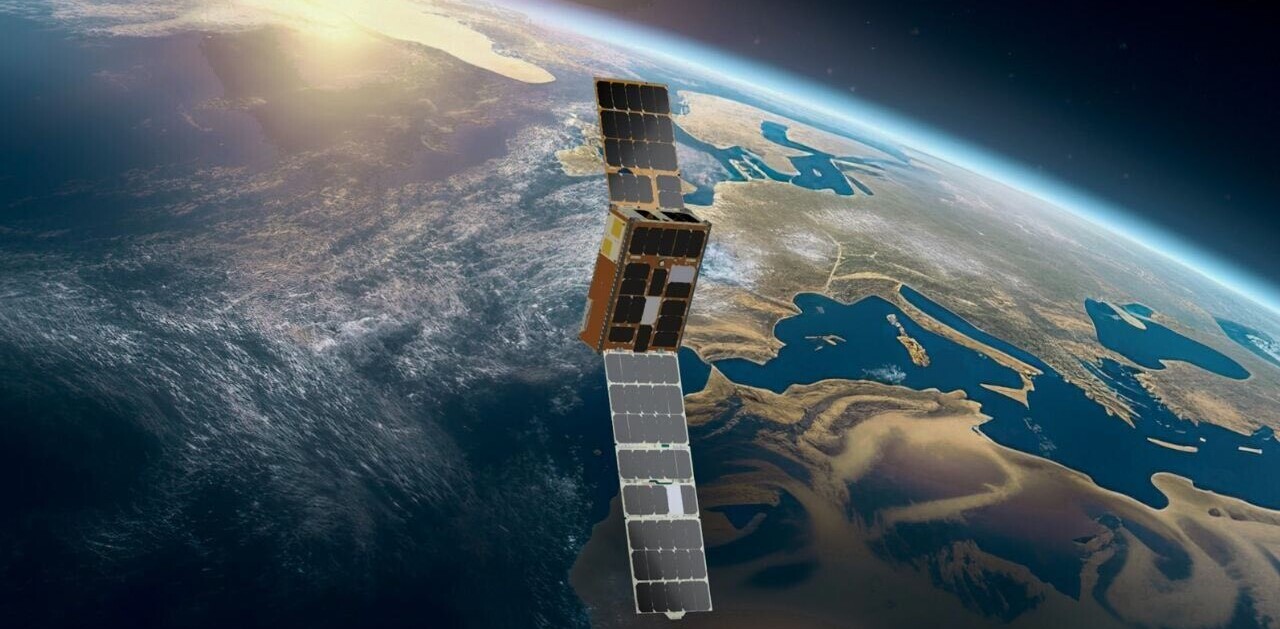
Life has changed almost beyond recognition in the last few decades. Artificial intelligence (AI) has substituted entire job fields – intelligent software can now review legal documents, a job which was previously only carried out by lawyers. Machine learning means technical systems can pull together entire libraries of information in a single handheld device. Virtual spaces now exist where people from all over the world can share, connect and chat instantly.
In 2019, it’s clear that digital innovations will continue to change society and the economy, but it’s uncertain whether these new technologies will benefit the global transformation to sustainability. Will digital technologies allow everyone to live in a world where their development isn’t dependent on exhausting finite resources and increasing emissions?
There is certainly reason to be optimistic. Digital technologies can make energy and resource use more efficient. By analyzing the optimal amount of water each crop needs and by using a smart irrigation system accordingly, farming can become infinitely more efficient. Digital systems can assess the optimal use of vehicles too. Instead of one person owning one car which is only used for an hour each day and then sits parked for the rest of the day, several people can share one electric car, reducing the number of vehicles needed overall.

For the first time, digital technologies can comprehensively trace, document, and analyze each resource and product as it flows across global supply chains. This could create circular economies, in which resources such as water and rare Earth metals arrive where they’re needed and waste such as plastic rubbish doesn’t escape to pollute the environment.
Digital monitoring can help scientists to better understand how ecosystems around the world – such as forests, reefs and glaciers – are changing in real time. This can help conservationists understand how to protect and restore the environment, while ensuring that governments and private companies are held accountable for their public commitments to preserve natural habitats. The Global Forest Watch already does this – it’s an open-source web system that uses satellite data to monitor forests and their destruction.
But so far, this potential hasn’t been harnessed to make the global economy greener. Instead, there’s been an explosion in high energy computing centers, which are needed to sustain the expanding internet, its social media platforms and big data analysis. By 2022, global data flows will have more than tripled since 2017. As long as fossil fuels dominate the global energy mix, expanding these computing centers will accelerate climate change.

Solutions to global problems like climate change and the instability of financial markets need the cooperation of all countries. But a knowledge divide between the global north – which could secure access to sophisticated digital infrastructure with its wealth – and the global south would hold worldwide solutions back.
The digital revolution is transforming societies just as the printing press and the steam engine triggered new eras of human civilization. But without using these digital disruptions to make the global economy more sustainable, the powerful tools of the digital revolution will just multiply existing problems.
AI systems can substitute a major part of a well qualified work force, but without policies in place to support workers to retrain or enjoy the benefits of working less, unemployment and poverty could skyrocket. Meanwhile, authoritarian regimes already use digital monitoring to control their citizens and influence their behavior.
World leaders need to ensure public administrations are up to speed to effectively and ethically govern these digital disruptions. Most governments around the world currently lack expertise on AI, machine learning, and virtual reality – many bureaucracies are still paper-based. Governments are struggling to adapt to the new realities, which pose important questions about data privacy laws and the need and desire to increasingly benefit from digital systems.
Governments need to ramp up investments in digital infrastructure, channelling it towards making everything about the modern world sustainable. They need to ensure that everyone can profit from the new opportunities of the digital age and that no one is left behind. This includes investing in broadband networks and expanding education for the next generation of digital engineers.
Combining AI, big data analysis, genome research and developments in cognitive sciences opens the door to a completely new world. In many ways, the pace of the digital revolution can redefine what it means to be human, enhancing our physical, psychological, and cognitive capabilities.
The digital era is the new reality whether people like it or not. The world stands at a crossroads – it’s in all humankind’s interest to take the pathway towards sustainability. Digital technology can take us there – better and faster than ever before – if we steer it in the right direction.
This article is republished from The Conversation by Dirk Messner, Director of the United Nations University, Institute for Environment and Human Security (UNU-EHS), United Nations University under a Creative Commons license. Read the original article.
Get the TNW newsletter
Get the most important tech news in your inbox each week.




